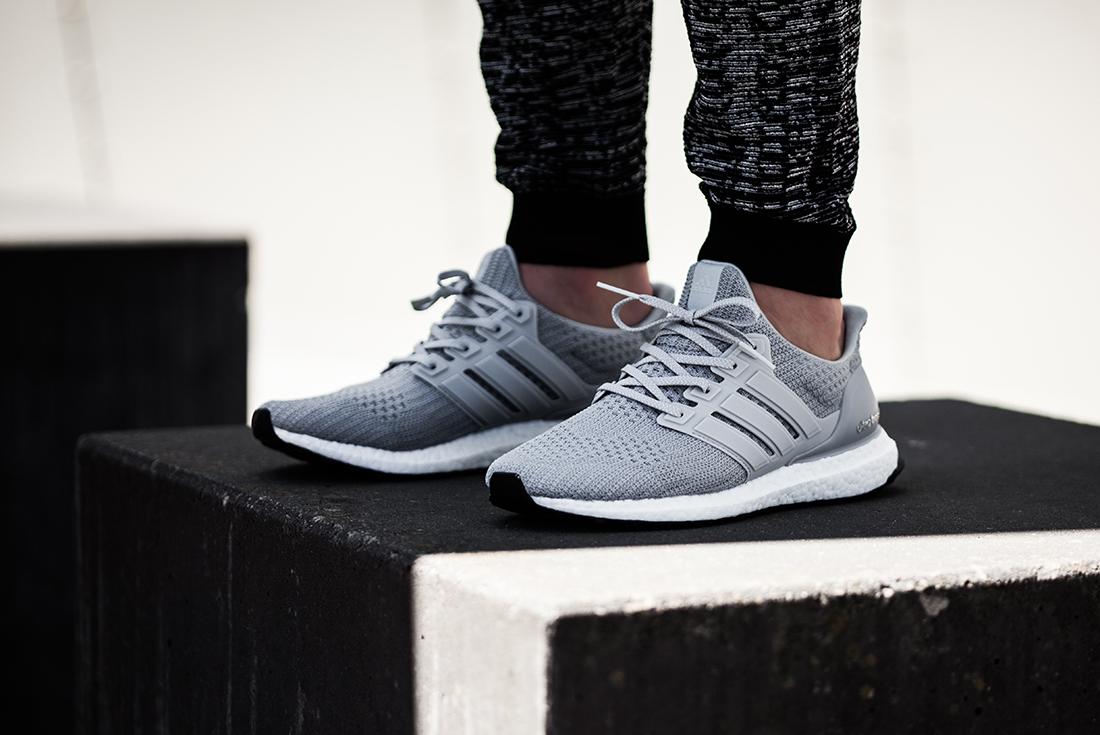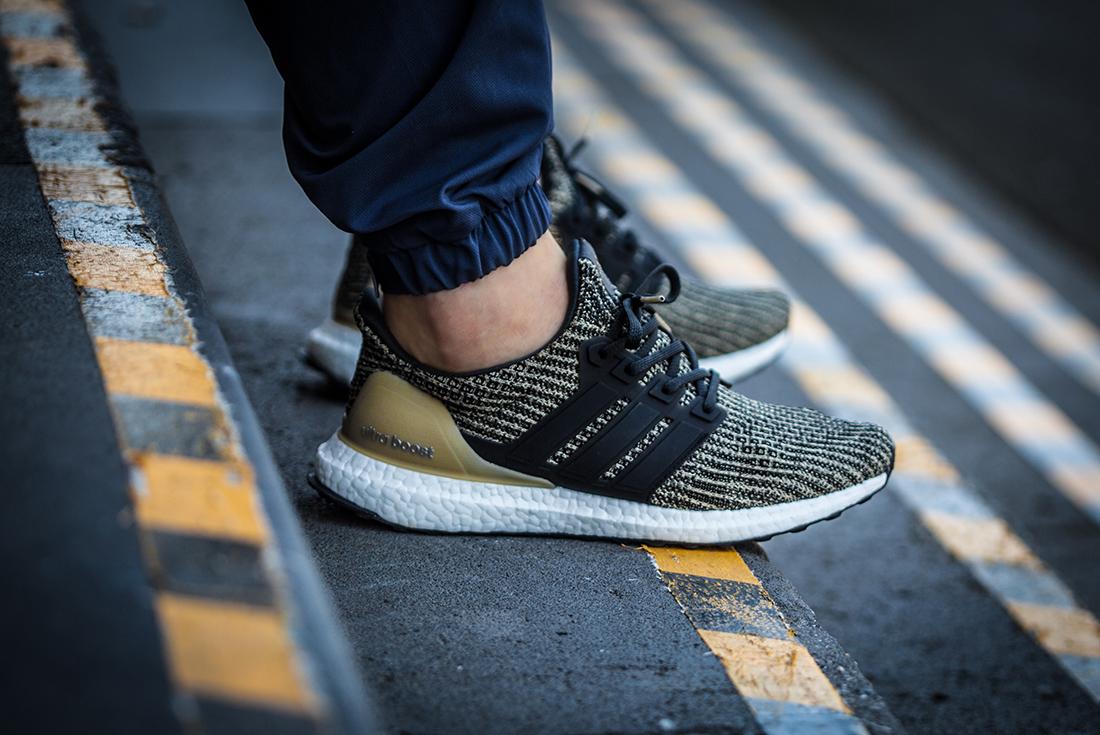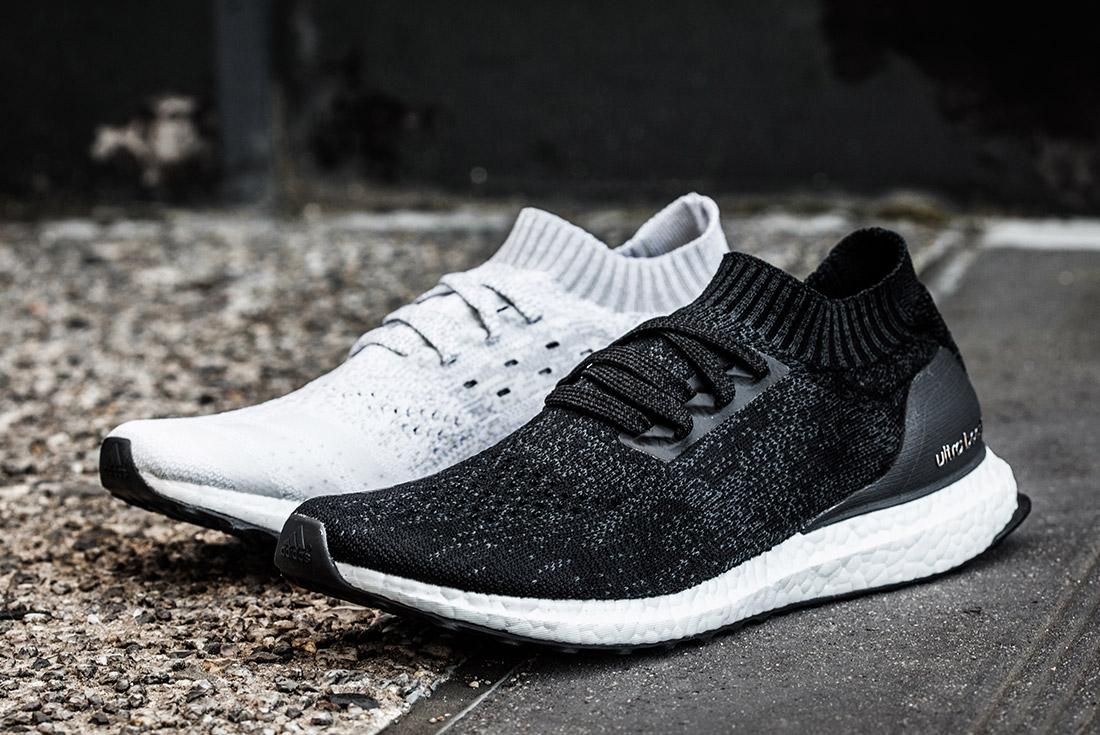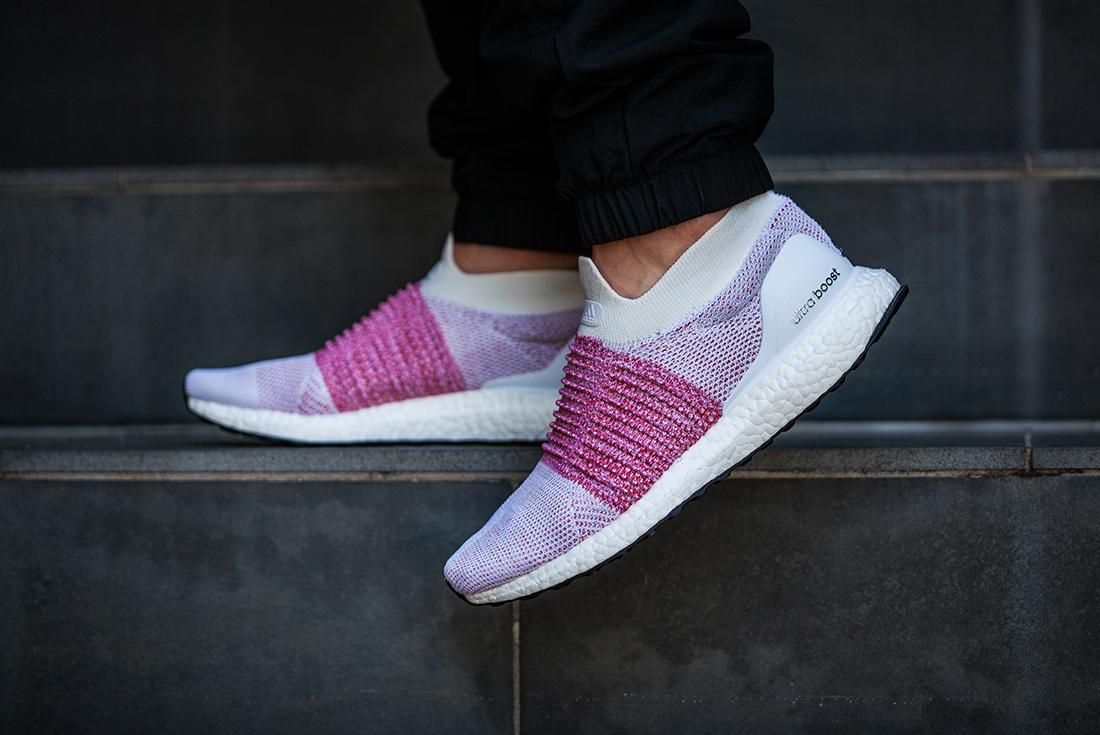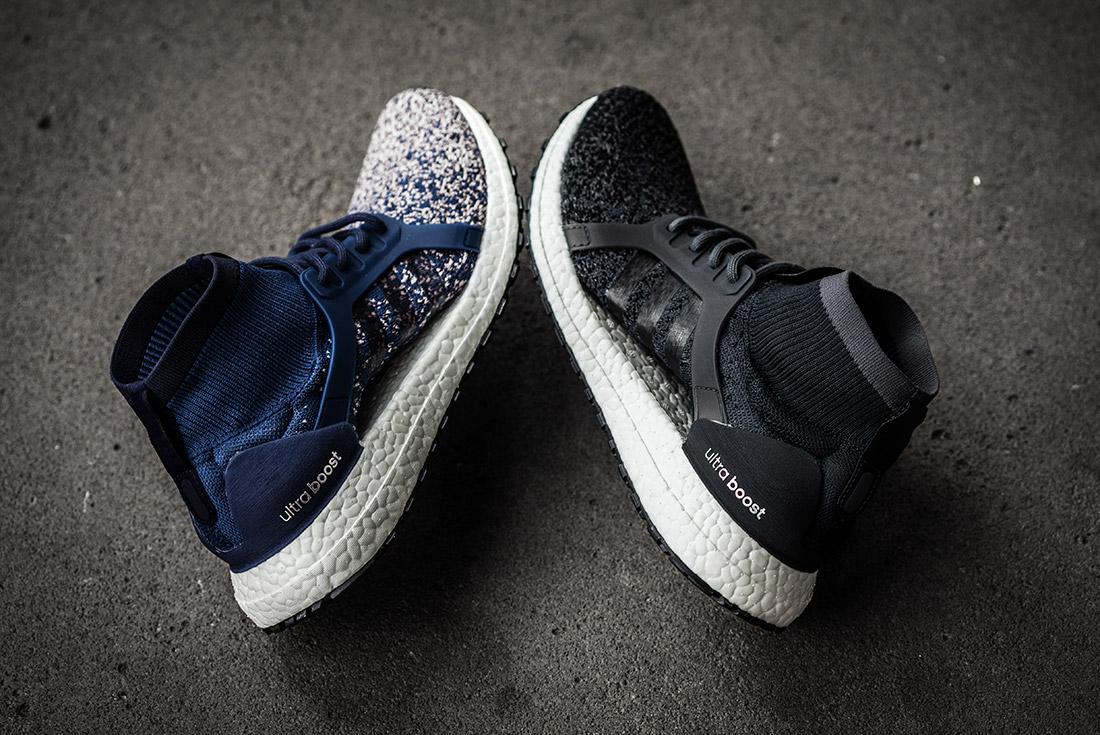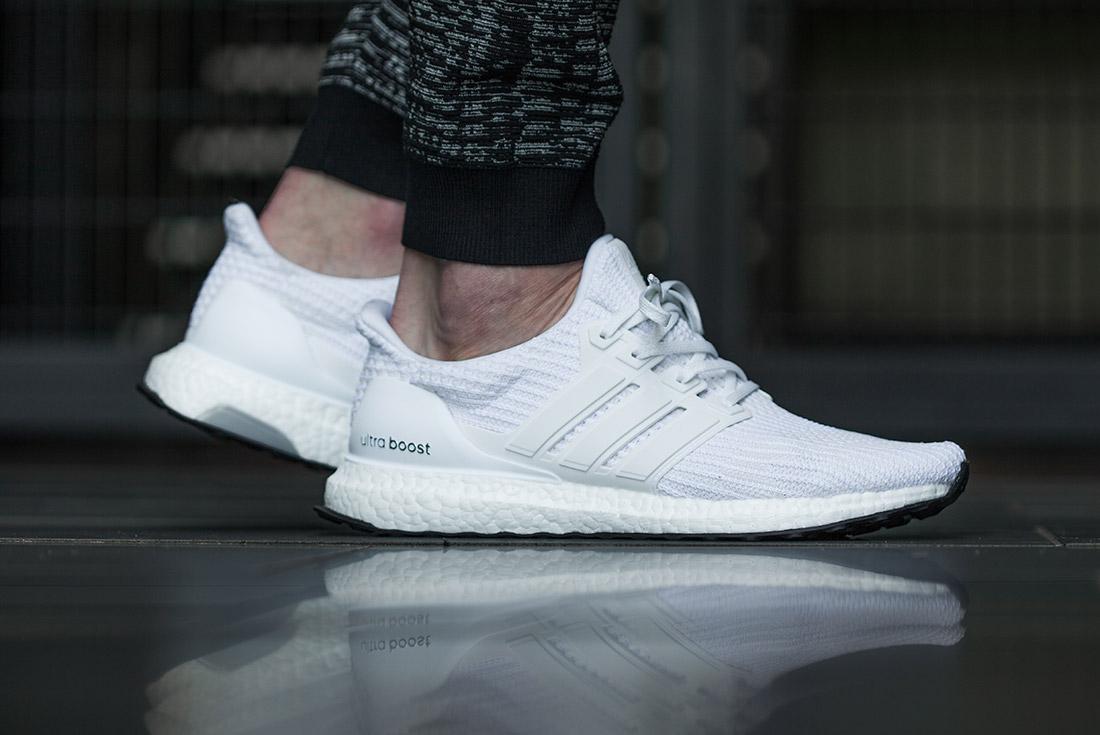The Past, Present and Future of adidas UltraBOOST
In early 2015, adidas was poised to be the next big thing. ‘Athleisure’ was the new cultural buzzword and the Three Stripes were all over it. Primeknit was winning fans the world over, retailers couldn’t restock Superstars fast enough, and Stan Smiths were everywhere from Paris Fashion Week to far-flung suburbia. And thanks to Yohji Yamamoto’s fashion-forward Y-3 imprint, sock-based sneakers were suddenly mainstream. But adidas knew a fresh weapon was needed to kick things into overdrive. And they knew just where to find it.
